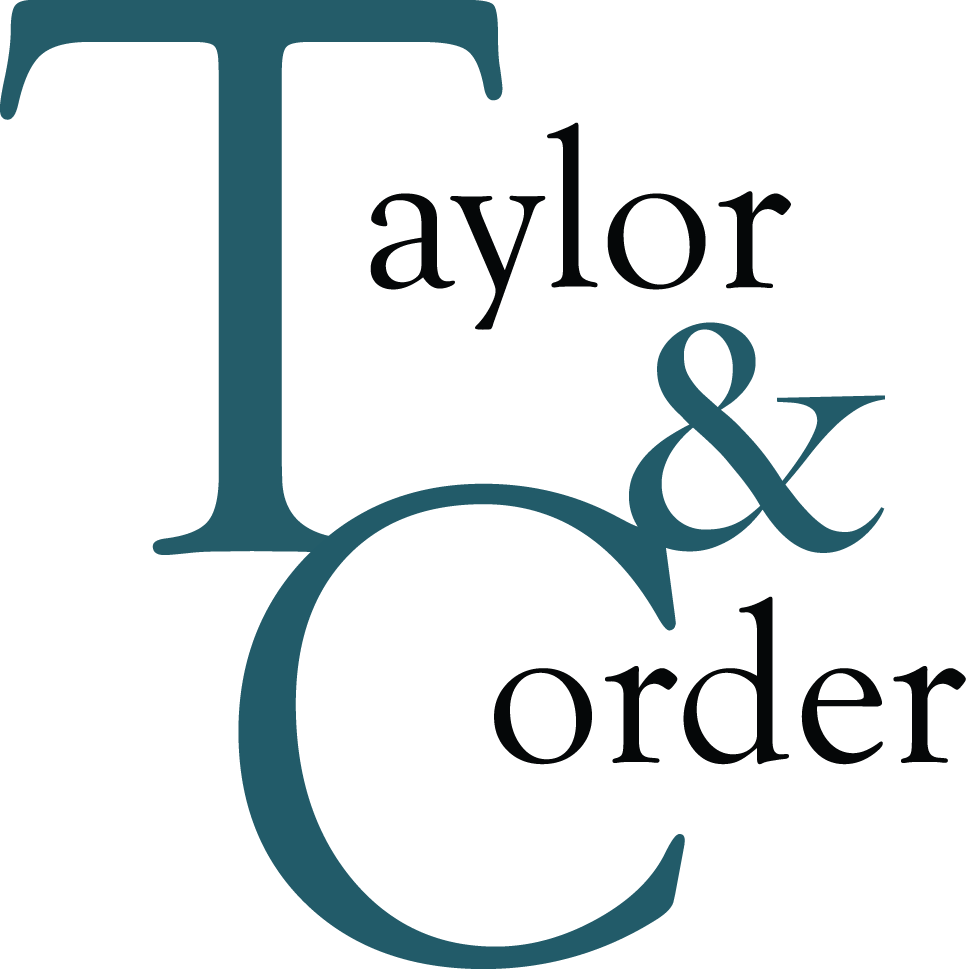Blog 
Click here to go back
Make Tax Day a Breeze for Your Business

Make Tax Day a Breeze for Your Business
Tax deadlines tend to loom large and gathering all the things you need can seem daunting, especially as a business owner. Don’t wait until the final weeks before your tax return is due. Here are a few things you can do now to make filing your return easier.
Collect All Your Records
Document all of your expenses by collecting and organizing your receipts. Make sure to specify the purpose of each expenditure. This is especially true if you’re looking for any kind of meal deductions. (See this article for more details on what’s deductible and what’s not according to 2018’s new entertainment deduction rules.)
We recommend you gather the following:
- Balanced books (your bookkeeper can help with this)
- Receipts (meal deductions must note topic discussed and parties present to qualify)
- Bank and credit card statements
- Expense records, including out-of-pocket expenses
- Business Insurance
- Computer and internet expenses
- Health Insurance Premiums, etc.
- Mileage records, detailed as to where and when
- Office Supplies
- Phones, including landline and business cell phones
- Professional fees, including lawyers, accountants, consultants, etc.
- Rent
- Travel (airfare, hotel, meals, taxis, etc.)
- Wages
- 1099s
- Payroll records including a copy of all W2 and W3 reports.
Avoid Leaving Out Other Tax Obligations
Don’t forget your other tax obligations. Property tax, local taxes, excise tax, self-employment tax, payroll records, etc. These are all expenses that need to be tracked and noted when you file your taxes. If you want to avoid IRS penalties, take your time on payroll tax compliance.
This can be done through your accounting software, but you’ll want to keep original receipts as well. These receipts can all be stored in folders, one for each month. Before they’re filed, make sure they’re documented accurately — some need the who, what, when, and why written on them. (You can read more about the rules here.)
Keep Track of Deadlines
We are here to help, but it’s always good to track your own deadlines so you aren’t caught off guard.
- If you’re an S-Corp, this is usually March 15
- If you’re a partnership this is usually March 15
- If you’re a Sole Proprietor, this is usually April 15
- If you’re a C-Corp, this is usually April 15
If the above dates don’t give you enough time, reach out to us as soon as possible so we can help you request an extension of time. Don’t forget: extensions do not give you additional time to pay, but they do give you additional time to file your return.
Get Your Paperwork in Early
The sooner you get your paperwork in, the sooner your accountant can start working on your taxes. Not only can this give you great peace of mind, it also removes the last-minute scramble to find any paperwork you may have forgotten. For most businesses, the fiscal year ends December 31. If you’ve been keeping track of your paperwork throughout the year, consider submitting your paperwork to your accountant in January.
Keep an eye out on your emails. Beginning in early January, we will be sending out emails to let you know that your Tax Organizer is available on our secure portal here. (Don’t forget that you can also upload documents to your portal at any time!) Once you have all of your documents uploaded, call us and let us know you are ready for us to start.
If it all sounds overwhelming, call us. We’ll answer any questions you have, help you come up with an organizational plan for your taxes and business finances, and get you on track to make Tax Day a breeze.




